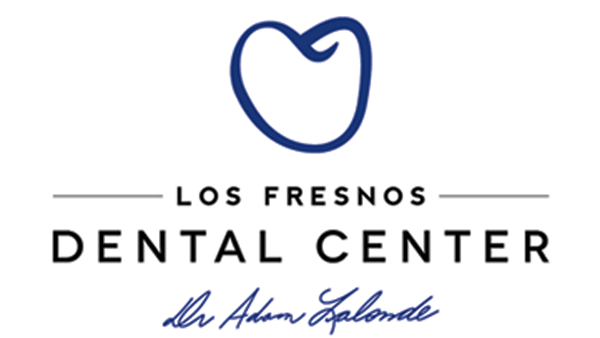- South Texas Students Meet Accordion Music Icons Los Tigres Del Norte In Edinburg Thanks To Khs America/Hohner Alianza Académica Initiative
- Fragile Planet Offers a Nighttime Wildlife Experience
- Falcons Soccer Off & Running
- Cameron County Receives Funds to Improve Two Parks
- Falcons Complete First Half of 32-6A
- School District to Help out Victims of California Wildfires
- Sand Castle Days Continued Despite Unexpected Weather
- Ready for District
- Discussion of Garbage Dumpster Rates, Agreements Between State & City on Highway Regulations, and More
- 31st Annual Shrimp Cook-Off is Right Around the Corner
Ask Our Dentists: Grinding Your Teeth
- Updated: September 5, 2014
Q: My husband says that I grind my teeth together while I am sleeping at night, but I am not aware of this. Does this pose any risk to my teeth?

Dr. Grayson Sellers
ANSWERED by DR. GRAYSON SELLERS:
The grinding & clenching of teeth, also termed Bruxism does pose an oral health risk to your teeth. Bruxism can cause teeth to become painful or loose, & sometimes parts of the teeth can literally be ground away. Severe bruxism may also be associated with temporomandibular (jaw) joint disorder (TMD). It is estimated that 30- 40 million people in the U.S. suffer from bruxism, & many of them don’t even know it! Some people grind or clench their teeth during the day, but others grind their teeth only during sleep, & aren’t even aware they do so until someone comments that they make a grinding sound while sleeping. Other potential signs of bruxism include aching in the face, head & neck. Bruxism can be linked to a variety of causes such as stress & anxiety, sleep disorders or by the body’s reaction to an abnormal bite or teeth that are missing or crooked. Your dentist can help you determine the potential source of your bruxism by asking careful questions and thoroughly examining your teeth. Your dentist may suggest a mouth guard to protect your teeth during sleep or suggest ways to even out your bite.

